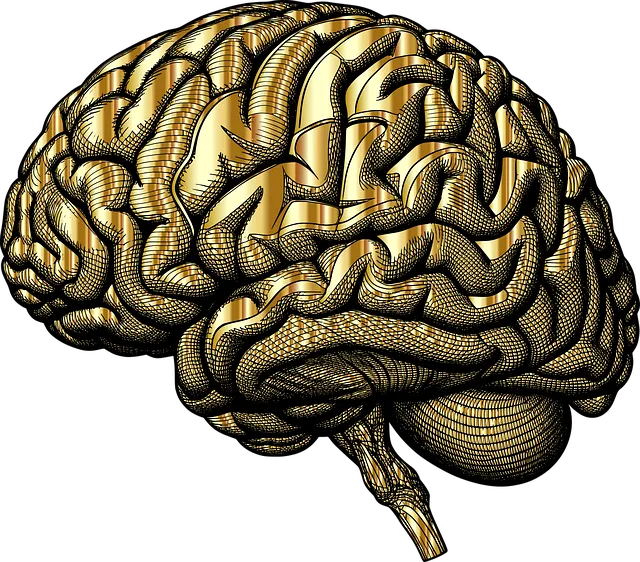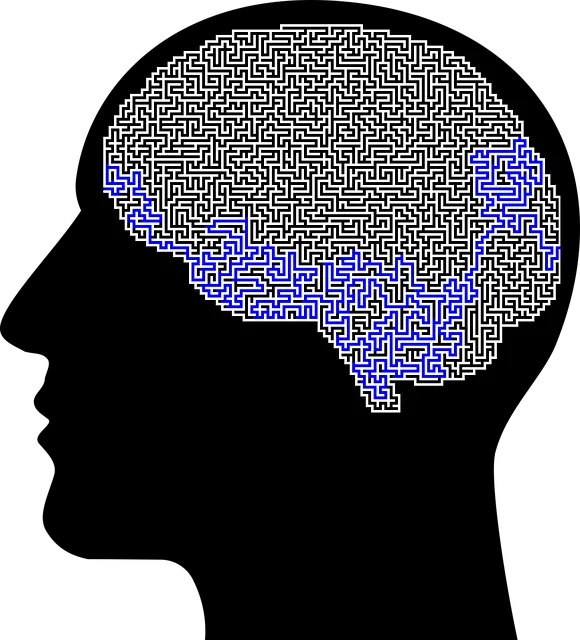Centennial Kaiser Permanente leads in culturally sensitive mental healthcare, highlighted by their dedicated phone line. By recognizing diverse cultural beliefs and practices, they create supportive environments fostering trust, resilience, and depression prevention. Their therapists tailor assessments and interventions to individual needs, addressing unique challenges from varied ethnic, racial, and socioeconomic backgrounds. Through ongoing education and holistic approaches, the organization promotes better mental wellness outcomes and accessible services for all, as demonstrated by their mental health phone number and community outreach programs.
In today’s diverse society, cultural sensitivity is paramount in mental healthcare. Understanding and respecting diverse cultural backgrounds is essential for inclusive practice. This article explores this critical aspect, providing insights into navigating different cultures in therapy, best practices for culturally competent care, and the role of organizations like Centennial Kaiser Permanente in fostering equitable services. For those seeking support, the article encourages awareness of the available resources, including the Centennial Kaiser Permanente mental health phone number.
- Understanding Cultural Sensitivity: A Foundation for Inclusive Mental Healthcare
- Navigating Diverse Cultural Backgrounds: Challenges and Opportunities in Therapy
- Best Practices for Culturally Competent Care: Strategies for Mental Health Professionals
- The Role of Organizations Like Centennial Kaiser Permanente: Fostering Equitable Mental Health Services
Understanding Cultural Sensitivity: A Foundation for Inclusive Mental Healthcare

In the realm of mental healthcare, cultural sensitivity serves as a cornerstone for inclusive and effective treatment. It involves recognizing and respecting the diverse beliefs, values, and practices that shape individuals’ lives across different communities. At Centennial Kaiser Permanente, the mental health phone number is just one access point to services designed with cultural competency at their core. By understanding and embracing these differences, healthcare providers can foster an environment where every patient feels seen, heard, and supported. This approach not only enhances trust but also strengthens the therapeutic bond, ultimately facilitating resilience building and depression prevention.
Cultural sensitivity in mental healthcare isn’t merely about checking boxes; it’s about adopting communication strategies that bridge gaps and promote understanding. It entails learning about the unique cultural contexts of one’s patients, adapting assessment tools, and tailoring interventions to meet their specific needs. Through this process, mental health professionals not only improve patient outcomes but also contribute to a more inclusive and equitable healthcare system. This commitment to cultural sensitivity is a game-changer in navigating complex mental health challenges, ensuring that everyone has access to effective care.
Navigating Diverse Cultural Backgrounds: Challenges and Opportunities in Therapy

Navigating diverse cultural backgrounds presents unique challenges and opportunities for mental health professionals. With a growing multicultural population, therapists at Centennial Kaiser Permanente mental health phone number often encounter clients from various ethnic, racial, and socioeconomic backgrounds. This diversity brings both strengths and complexities to therapy sessions. Understanding cultural nuances is crucial for building trust and fostering effective communication, ensuring each client receives tailored support.
Effective therapy requires culturally sensitive approaches, such as incorporating meaningful communication strategies and adapting treatment plans to align with individual beliefs and values. By recognizing and respecting cultural differences in expressing emotions, concepts of time, and family dynamics, therapists can create a safe and supportive environment for clients to process their experiences, including any historical or intergenerational trauma. This holistic approach not only enhances the quality of care but also promotes better outcomes in mental wellness.
Best Practices for Culturally Competent Care: Strategies for Mental Health Professionals

Mental health professionals play a vital role in fostering culturally sensitive care, ensuring that individuals from diverse backgrounds receive effective treatment. At Centennial Kaiser Permanente, the mental health phone number serves as a gateway for patients seeking support, emphasizing their commitment to accessible, inclusive services. To provide truly competent care, practitioners should embrace several key strategies.
Firstly, education is paramount. Professionals must engage in ongoing training to deepen their understanding of various cultural contexts, belief systems, and practices. This knowledge enables them to adapt their approaches, ensuring that interventions are sensitive to the unique needs of each client. Additionally, building strong communication skills is essential; actively listening, asking open-ended questions, and demonstrating empathy create a safe space for patients to express themselves honestly. Incorporating culturally relevant resources, such as providing materials in multiple languages or offering services tailored to specific cultural practices, further strengthens this approach.
The Role of Organizations Like Centennial Kaiser Permanente: Fostering Equitable Mental Health Services

Centennial Kaiser Permanente stands as a beacon for equitable mental health services, playing a pivotal role in shaping culturally sensitive healthcare practices. As one would find by searching for the Centennial Kaiser Permanente mental health phone number, this organization prioritizes community engagement and diversity in its approach to mental wellness. They implement robust Community Outreach Programs, reaching out to various cultural groups, addressing their unique needs, and breaking down barriers that often hinder access to care.
Through these initiatives, they promote Emotional Well-being Promotion Techniques tailored to diverse communities, fostering environments where emotional intelligence thrives. By recognizing the impact of cultural context on mental health, Centennial Kaiser Permanente ensures that their services are not just accessible but also culturally responsive, ultimately contributing to more inclusive and effective mental healthcare solutions.
Cultural sensitivity in mental healthcare is not just a best practice—it’s essential for providing equitable, inclusive, and effective treatment. By understanding diverse cultural backgrounds, navigating challenges with openness and empathy, and adopting culturally competent care strategies, mental health professionals can create safe spaces that honor individual identities. Organizations like Centennial Kaiser Permanente play a vital role in fostering these equitable services, ensuring that everyone has access to quality mental healthcare, regardless of their cultural background. To learn more about their offerings, visit the Centennial Kaiser Permanente mental health phone number for personalized support and guidance.






